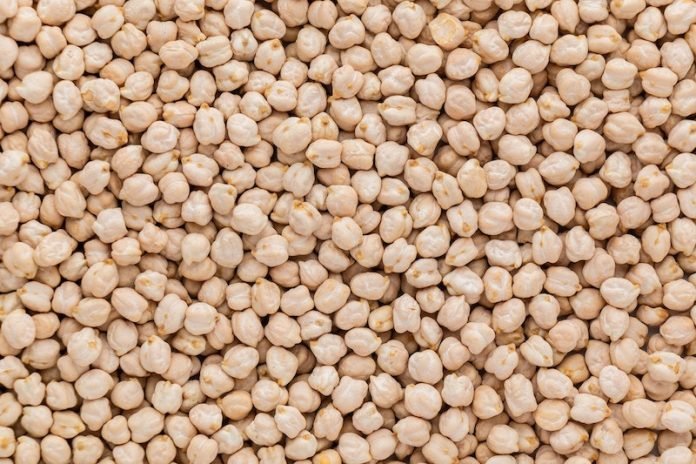
A groundbreaking study has found that resistant starch can have a significant impact on reducing liver triglycerides and enzymes in people suffering from non-alcoholic fatty liver disease (NAFLD).
This common liver condition affects about 30% of the global population and can lead to severe liver diseases and other complications, including type 2 diabetes and cardiovascular diseases.
Conducted over four months, the study shows promise for an affordable and sustainable intervention in managing NAFLD.
The Study
The study, led by Huating Li at Shanghai Sixth People’s Hospital and published in Cell Metabolism, involved 200 NAFLD patients.
Participants were divided into two groups; one received resistant starch powder derived from maize, and the control group received calorie-matched non-resistant corn starch.
Both groups were asked to consume 20 grams of their respective starches mixed with water before meals, twice a day for four months.
Significant Results
At the end of the study, the group that received the resistant starch treatment exhibited nearly 40% lower liver triglyceride levels compared to the control group.
The treatment also lowered levels of liver enzymes and inflammatory factors associated with NAFLD, and these results were consistent even when adjusted for weight loss.
Microbiota Changes
Further strengthening the study’s results, an analysis of fecal samples from the participants revealed a change in the gut bacteria composition in those who consumed resistant starch.
The treatment led to a significant reduction in Bacteroides stercoris, a bacteria species known to affect fat metabolism in the liver.
Implications
These findings show the significant potential of resistant starch as a cost-effective, non-intrusive, and sustainable treatment for NAFLD.
“Compared with strenuous exercise or weight loss treatment, adding resistant starch to a normal and balanced diet is much easier for people to follow through,” says Huating Li.
The study also has broader implications, suggesting that gut microbiota could be a new therapeutic target for NAFLD management.
The research team plans to further investigate the role of resistant starch in NAFLD treatment, potentially opening the door to new therapeutic approaches for this common yet serious condition.
If you care about liver health, please read studies about a diet that can treat fatty liver disease and obesity, and coffee drinkers may halve their risk of liver cancer.
For more information about liver health, please see recent studies that anti-inflammatory diet could help prevent fatty liver disease, and results showing vitamin D could help prevent non-alcoholic fatty liver disease.
The research findings can be found in Cell Metabolism.
Follow us on Twitter for more articles about this topic.
Copyright © 2023 Knowridge Science Report. All rights reserved.



